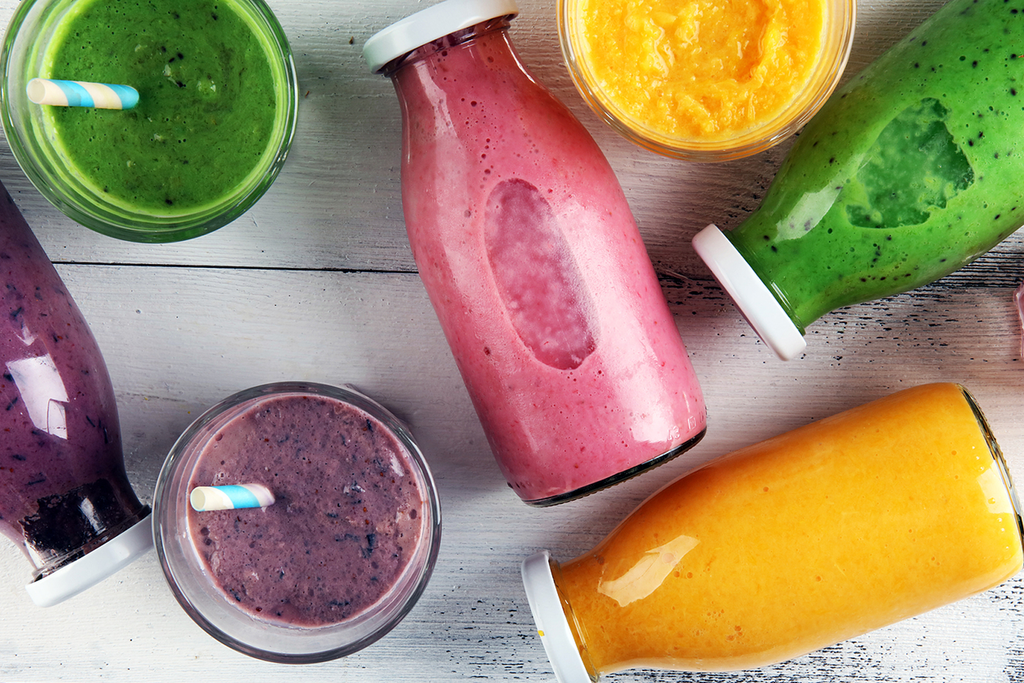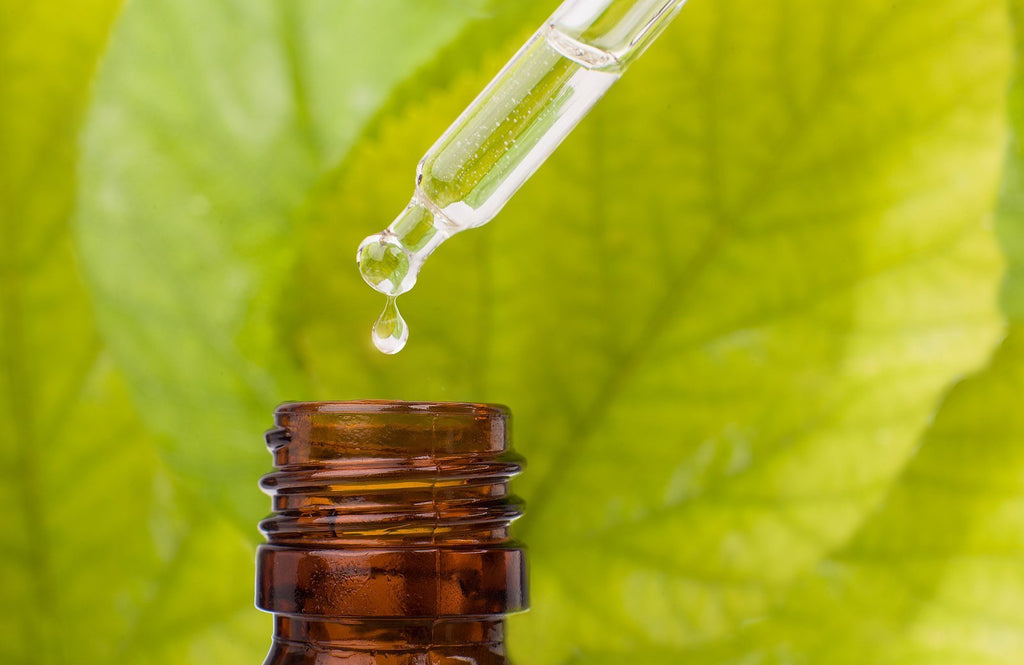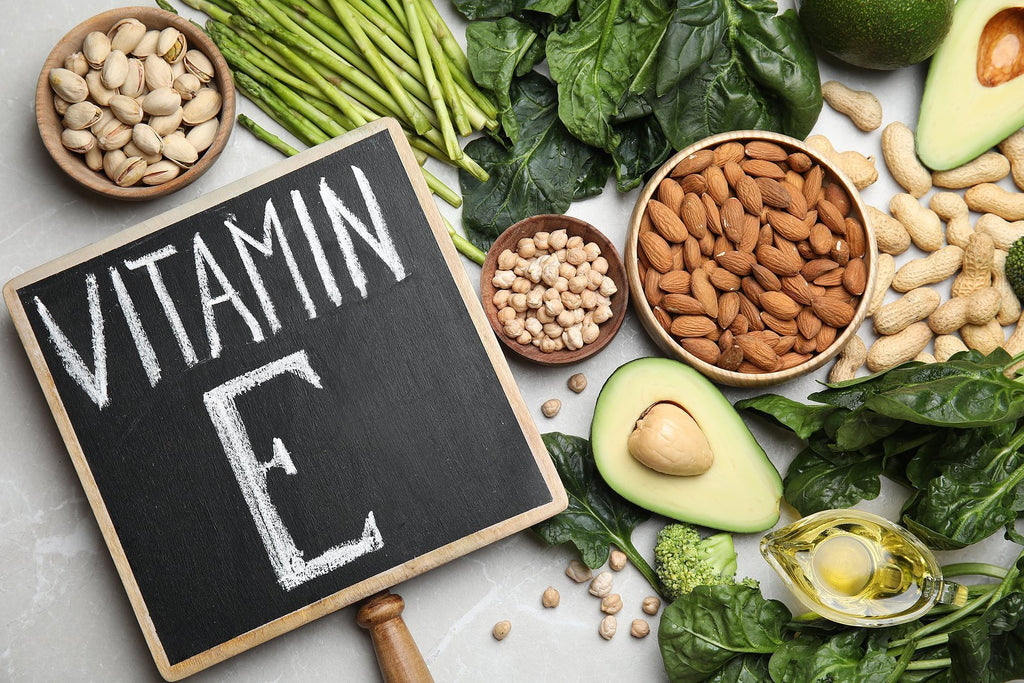How Many Vegetables Do You Really Need to Eat Each Day?
You might wonder, “Am I getting enough vegetables in my diet?” Well, probably not. Vegetables really should be the bulk of what you eat, by volume.
As a doctor, I’ve personally seen over 10,000 patients in my practice and I’ve consulted over 1,000 other doctors who see patients. On top of that, I know plenty of people through personal relationships and other groups I’m part of. Of all those people, I can probably count on two hands the number that can honestly say that they eat enough vegetables. That’s pretty astonishing.
Let’s look at why you need to eat more vegetables and some easy ways you can do that.
We’re Not Doing Well …At All
Most people should consume between 5 and 7 cups of vegetables per day.
However, 90% of Americans don’t even eat the government recommended dietary guideline of 2 and a 1/2 to 3 cups per day. Even more troublesome is that only 2% of kids in the U.S. meet this minimum recommendation of 2 and a 1/2 to 3 cups.
The problem is that a poor diet developed at a young age, and then continued through adulthood, is the leading risk factor for disease and death in the United States.
Lovely Leafy Greens
Leafy greens are some of the most nutritious vegetables you can consume. The key is to eat many different green vegetables so that you get a variety of nutrients, not just one or two that you can tolerate on your plate.
- Collard greens are rich in folate, calcium, and fiber, as well as vitamins A, C, E, and K. In the big picture, they’re associated with cancer prevention. Collard greens support the detoxification of your body, heart health, digestive health, and the fight against inflammation.
- Spinach is high in folate, vitamins B2, B3, and C. Maybe most importantly, spinach is a great source of potassium. Most people are potassium deficient.
- Kale might be the most important vegetable to include in your diet because it’s one of the most nutrient-dense foods in the world. It’s loaded with vitamins A, B6, C, and K. Kale is also rich in the minerals manganese, calcium, copper, potassium, and magnesium. When you consider how much concern there is in our culture about high cholesterol, kale becomes extra important. It contains a substance called bile acid sequestrant, which helps to lower cholesterol levels.
- Swiss chard is loaded with vitamin K, along with high levels of vitamins A, C, and E. It’s also a really good source of calcium, potassium, copper, magnesium, manganese, and iron.
You MUST Choose Organic
Eat organic vegetables as often as possible to avoid the chemicals that are sprayed on conventional crops. Spinach that is not grown organically is the number two vegetable on the list of most pesticide-heavy produce. Meanwhile, random tests have shown conventionally grown kale and collard greens contain as many as 50 different types of pesticides. Fifty! One of the reasons to eat leafy greens is to detoxify your body, so it’s pointless to consume them if they’re loaded with toxins.
More Benefits From Leafy Greens
Leafy greens feed the healthy bacteria in your gut. They contain a compound – a unique sugar molecule, in fact, but not a bad one – that provides your good gut bacteria with the energy they need to multiply and crowd out harmful bacteria.
Eating leafy greens will also prompt your cells to produce glutathione, the most important antioxidant in your body. In fact, all cruciferous vegetables increase glutathione levels. Glutathione is one of the most important factors in removing toxic compounds from your body.
Clever Ways To Get More Leafy Greens
Don’t think the greens I’ve listed so far are the only ones to eat. And don’t feel stuck by thinking all you can do with leafy green vegetables is steam them. Here are some other ideas.
- Wrap your proteins with green leaves. For example, wrap your burger, turkey, even an egg salad. Pretty much anything that you could put between two slices of bread or crackers could go between veggies or leafy greens. Use the larger-leaf greens to make it easier – like romaine lettuce or Swiss chard.
- Chop up parsley, watercress, or arugula and add them to a dip like guacamole. Don’t wreck your snack by eating it with corn chips. Dip another veggie in it, like celery.
- Sauté greens in coconut oil, garlic, and black pepper. Either eat that preparation on its own or as part of a larger meal with healthy fats (like avocado) and some protein.
- Add them to smoothies. You can toss just about any vegetable into a smoothie. If you find your smoothies become bitter because you’re adding a lot of veggies, throw some berries in to take the edge off. Eventually you’ll probably become accustomed to a more bitter flavor. Most people, as they start to eat more veggies, tend to learn to enjoy that bitter flavor over time.
Get Even MORE Greens Down The Hatch
Another simple, easy, and convenient way to pump up your intake of leafy greens is to include a super greens supplement in your daily routine. A supplement isn’t the answer to everything, but it sure will give your improved diet a huge helping hand. Many people have found that consuming a super greens supplement has helped them feel healthier and more energized.
To Sum Up…
No matter what your type of diet, eating more vegetables – especially leafy greens – is universally great advice and a great choice. Your first target is to make sure you eat no less than three cups of veggies per day, including some leafy greens. Once you achieve that, make it a point to increase the amount and make your way toward the five to seven cup per day range. If you do this, your body will reward you with better health and better function.
"Although, I consume a rather large salad every day, I wanted a bit more where leafy nutrition was concerned. Purchasing this product was an excellent decision because it makes me feel amazing. I drink it about 30-45 minutes before my salad, and it has made all the difference where digestion is concerned.
This product is now a staple in my daily regimen."
Sherry Pipchok | ⭐️⭐️⭐️⭐️⭐️
Super Green Foods
Sharing is Caring
Know Your Body - Know Your Health






